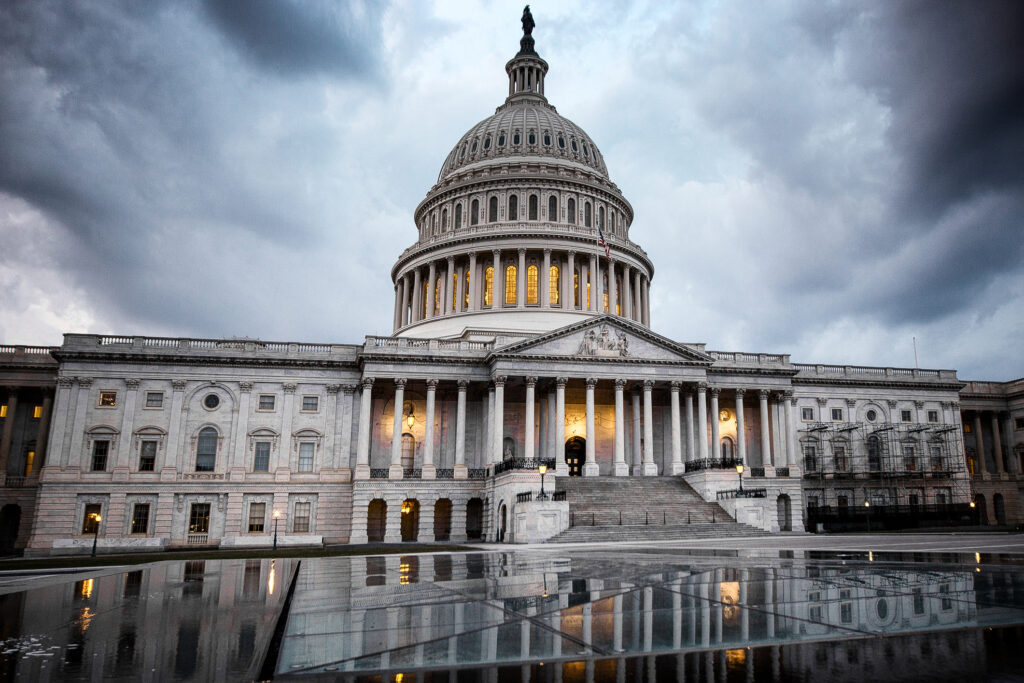“As the Senate Intelligence Committee convenes to consider the nomination of John Negroponte to be Director of National Intelligence, the National Security Archive today posted hundreds of his cables written from the U.S. Embassy in Tegucigalpa between late 1981 and 1984. …
“Conspicuously absent from the cable traffic, however, is reporting on human rights atrocities that were committed by the Honduran military and its secret police unit …”
Newly released documents, reports the Washington Post, confirm that Negroponte was active in the Iran-Contra effort. In a “back channel” July 1983 message, Negroponte wrote, “Hondurans believe special project is as important as ever.” “Special project,” says WaPo, “was code for the secret arming of contra rebels from bases in Honduras — a cause championed by Negroponte.”
Cross-posted at DailyKos. More below . . .
The cables and memos from the early 1980s, reports Democracy Now!, “shed new light on Negroponte’s connection to the Iran Contra scandal that saw the Reagan administration secretly arming contra rebels in Nicaragua to overthrow the Sandinista government.”
The headlines of the National Security Archive release today read:
Close Relations with Honduran Military,
Contra “Special Project” Against Nicaraguan Sandinistas
Dominated Cable Traffic
Reporting on Human Rights Violations Nonexistent between 1982 and 1984
Conspicuously absent from the cable traffic, however, is reporting on human rights atrocities that were committed by the Honduran military and its secret police unit known as Battalion 316, between 1982 and 1984, under the military leadership of General Gustavo Alvarez, Negroponte’s main liaison with the Honduran government. The Honduran human rights ombudsman later found that more than 50 people disappeared … during those years. But Negroponte’s cables reflect no protest, or even discussion of these issues. … Nor do the released cables contain any reporting to Washington on the human rights abuses that were taking place.
The WaPo review of Negroponte’s cables portrays him “at odds with fellow envoys and with more cautious State Department bureaucrats” and as an “exceptionally energetic, action-oriented ambassador whose anti-communist convictions led him to play down human rights abuses.”
Negroponte “enjoyed a close relationship with senior Washington policymakers, such as then-CIA Director William J. Casey [using] a back-channel system of communication through the CIA to send messages to Casey.”
[His predecessor Jack R. Binns, recalled to make way for Negroponte] sent several cables to Washington warning of possible “death squad” activity linked to Honduran strongman Gen. Gustavo Alvarez. Negroponte dismissed the talk of death squads and, in an October 1983 cable to Washington, emphasized Alvarez’s “dedication to democracy.”
The cables show that the two men typically met once a week, and sometimes several times a week. [The relationship remained until Alvarez’s ouster.]
As covert support for the contra war became public in 1982, Negroponte became a “controversial symbol” and kept a file to document “his efforts to combat” negative press reports. “[H]e fired off letters to editors and newspaper owners to complain about their correspondents’ reporting.”
Evidently, the Julius Caesar reference got to Negroponte, because six months later he was referring to the play in a back-channel message that relayed complaints from Honduran leaders about being “taken for granted by Uncle Sam.” To emphasize his point, the ambassador quoted from the play to illustrate the relationship between the Honduran and U.S. governments:
“Cassius: You love me not.
“Brutus: I do not like your faults.
“Cassius: A friendly eye could never see such faults.”
Read the Negroponte chron file.
Of note: The WaPo says it is still waiting for the FOIA release of some documents. “A State Department FOIA official said yesterday that about 100 documents from the collection are still being ‘processed’.”
